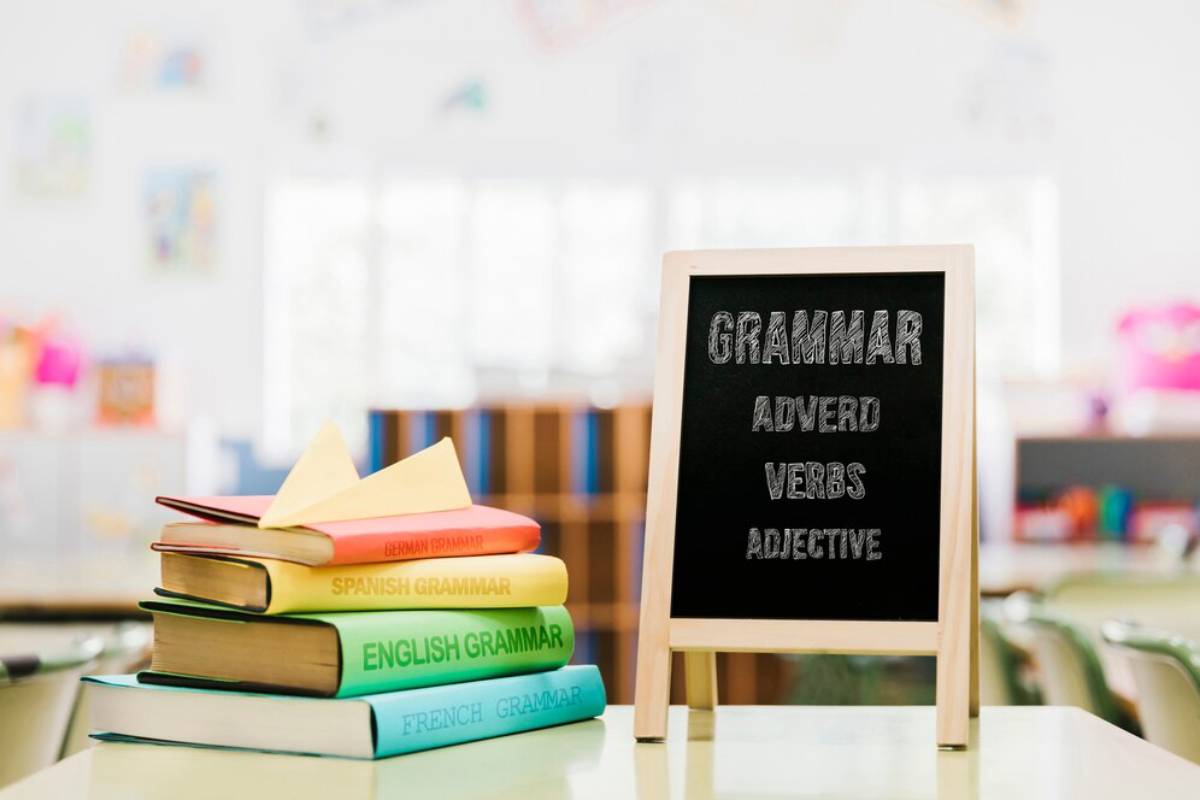
The Science Behind Learning a New Language Quickly
Have you ever thought about why some people learn languages quickly, but others take years to master simple phrases? It’s not just about talent — it’s about how your brain learns.
New findings in neuroscience and psychology show that we’ve made language learning tougher than it needs to be. Traditional methods often conflict with how our brains learn and remember language. Ready to skip the boring grammar drills? It’s time to dive into cognitive language learning and make real progress.
In this post, you’ll learn fast ways to master languages with science-backed strategies. We’ll look at how your brain learns language. We’ll cover memory, repetition, and habits that help you learn better. Whether it’s your first language or your fourth, these brain-based tips will help you learn more effectively.
How the Brain Learns Language: An Overview
Learning a language is more than just memorizing words. It’s about changing how your brain thinks.
Key brain areas involved in language learning:
- Broca’s Area: Responsible for speech production and grammar
- Wernicke’s Area: Helps with understanding spoken and written language
- Hippocampus: Stores short-term memories and moves them to long-term memory
- Prefrontal Cortex: Manages focus, organisation, and decision-making
When you learn a new language, all these areas light up. But they don’t all activate the same way in every method — some techniques work with your brain. Others work against it.
The Power of Immersion: Why Your Brain Craves Context
Your brain is a pattern-hunting machine. It doesn’t just memorise — it predicts.
That’s why contextual learning — through immersion, story, and real-world use — is far more effective than rote memorisation. When your brain hears a word used naturally, it connects it with tone, gesture, setting, and intention. This creates rich, multi-layered memory pathways that last.
Try this:
- Listen to native speakers daily — even passively
- Watch subtitled TV shows, then rewatch without subtitles
- Use language in real life, even if you make mistakes
For practical ideas, check out daily language immersion techniques for beginners — a beginner-friendly guide to making immersion part of everyday life.
Use Habit and Routine to “Automate” Learning

Repetition wires your brain through neuroplasticity, but only if you repeat with intention.
Create a brain-friendly routine:
- Morning: Review vocab while having coffee
- Midday: Listen to audio lessons while walking or commuting
- Evening: Journal or speak aloud about your day in your target language
Even 15–20 minutes a day builds momentum.
Brain-Based Learning Methods That Work
So, how do you align your study habits with the way your brain works?
Here are five science-supported strategies to speed up your learning.
1. Spaced Repetition: The Memory Secret Weapon
Your brain doesn’t remember things well when you cram. It remembers better if you revisit the info right before you forget it.
Spaced repetition uses this principle by spreading out review sessions over increasing intervals.
How to use it:
- Use flashcard apps like Anki or Quizlet
- Review vocab every 1, 3, 7, 14 days
- Focus on words you forget most often
2. Active Recall: Pull, Don’t Push
Active recall is better than just re-reading notes. It makes your brain work to find information, which helps strengthen memory pathways.
Examples:
- Cover your flashcards and guess the answers
- Translate short texts back and forth
- Describe your day aloud using new vocabulary
3. Interleaving: Mix It Up
Instead of focusing on one topic, like past tense verbs, mix up your learning. This improves adaptability and retention.
Try this rotation:
- 10 min on vocabulary
- 10 min on grammar
- 10 min on listening or speaking
4. Emotional Engagement: Why Fun = Faster Learning
When you’re emotionally involved, your brain releases dopamine, which enhances motivation and memory. Playing games, enjoying humour, listening to music, or exploring personal interests helps your brain remember better.
Suggestions:
- Watch comedies in your target language
- Learn lyrics to your favourite foreign songs
- Choose vocabulary relevant to your hobbies
5. Multisensory Learning: Engage More of Your Brain
The more senses involved, the deeper the learning. That’s why visual, auditory, and kinesthetic techniques all matter.
Ideas to try:
- Watch videos and mimic pronunciation
- Write out phrases by hand
- Use gestures to remember verbs (e.g. miming “run” while saying correr)
Avoiding the Brain’s Natural Roadblocks
Your brain is powerful, but it has quirks that can slow you down if you’re not careful.
Common mental blocks to avoid:
- Fear of mistakes: Learning triggers stress when perfection is expected. Reframe errors as proof you’re trying.
- Cognitive overload: Studying too much at once leads to burnout. Short, focused sessions work better.
- Inconsistent input: Without regular review, your brain prunes unused knowledge. Use it or lose it.
Use Habit and Routine to “Automate” Learning
Repetition wires your brain through neuroplasticity, but only if you repeat with intention.
Create a brain-friendly routine:
- Morning: Review vocab while having coffee
- Midday: Listen to audio lessons while walking or commuting
- Evening: Journal or speak aloud about your day in your target language
Even 15–20 minutes a day builds momentum.
Real-Life Story: Brain-Based Learning in Action

Maya, 26 – Freelance Designer Maya wanted to learn German fast to prepare for a job in Berlin. Instead of enrolling in traditional classes, she focused on cognitive-friendly methods:
- Spaced repetition flashcards
- Listening to podcasts while illustrating
- Watching German cooking shows
- Journaling in German before bed
Within 3 months, she was comfortably navigating conversations and work meetings.
What Traditional Methods Get Wrong
- They separate language from use. Real life doesn’t give you grammar quizzes — it gives you messy, beautiful conversation.
- They ignore emotional motivation. Learning a language you love, about topics you care about, supercharges memory.
- They delay speaking. Waiting until you’re “ready” to speak delays fluency. Your brain learns by doing.
Optimising Brain-Based Language Study
- Learn in chunks: Phrases are more memorable than isolated words
- Use context: Study vocab related to current events or your interests
- Include self-talk: Narrate what you’re doing aloud
- Get feedback early: Don’t wait to be perfect
- Take brain breaks: Let new knowledge “sink in” before piling on more
Conclusion: Smart Brains Learn Differently — So Should You
Learning a language isn’t just about filling your brain — it’s about working with your brain. Using strategies like spaced repetition,
multisensory engagement, and emotional learning helps you learn languages faster.
Language isn’t meant to be memorised — it’s meant to be lived. And your brain, if given the right conditions, is ready to make that possible.
So build your habits, try the methods, and trust the process. Fluency might just be a brain hack away.


